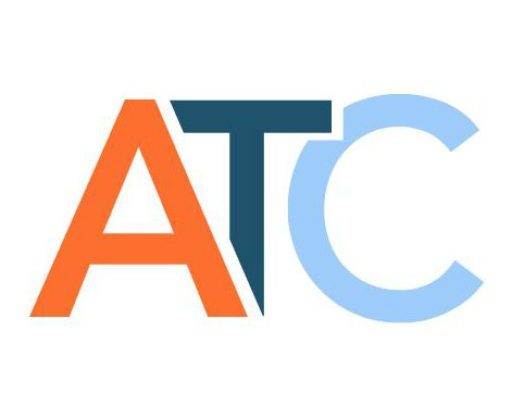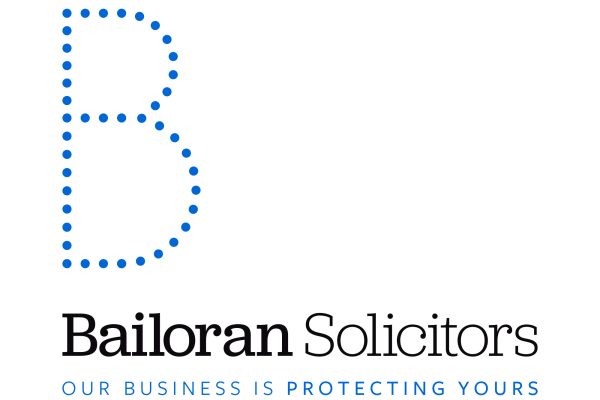Navigating the ever-evolving language services landscape and entering into new global markets can be challenging.…

By Gwyn Williams, Chief Officer, Cymdeithas Cyfieithwyr Cymru
You may have seen an increase in the demand for translation from English into Welsh over the past few years. You may also have noticed that this has been accompanied by a need to get that translation done to a very tight deadline.
Where, you may ask, has this increase in demand come from, and how can ATC members respond to that need?
Firstly, the demand. The Welsh Language Measure (Wales) 2011 did a number of things. It gave official status to the Welsh language in Wales, it created the post of the Welsh Language Commissioner and section 1(2)b said the Welsh language cannot be treated “…less favourably than the English language”. What this means in effect is that if a public body in Wales publishes a document, pamphlet or poster then it has to be bilingual (or that there are separate English and Welsh versions, but they must appear at the same time).
Westminster Government departments are not under the same legal requirement as Welsh Government departments, but many, such as the HMRC, HMT, HMCTS and DWP will attempt to abide by the spirit, if not the exact letter of the Welsh law. The Welsh Language Measure (Wales) 2011 only has legal effect in Wales.
Another way in which the Welsh language cannot be treated “…less favourably than the English language” is in the reply to correspondence. Thus, a letter or email must be answered within the same time scale for both languages. In the case of a non-Welsh speaking official, this means getting the incoming letter translated and the answer translated and sent back within the same timescale. And as we know that concertinaed timescale gets passed on to the poor translator! So that is why your client may be under pressure to get the Welsh translation back.
Many of you will already have Welsh translators that you work with, but what if you want to build extra capacity, or if your usual supplier is unavailable? The Cymdeithas Cyfieithwyr Cymru (association of Welsh translators and interpreters) website has a list of all members and recognised companies that are open to work A-Z of members.
To become a member individuals must pass either a Basic or Full examination of two hours duration. The Basic Membership examination requires candidates to translate two texts of approximately 250 words each, whilst the Full Membership examination requires candidates to translate two texts of approximately 300 words each, as well as a 300-word text during the week in which the examinations are held. Members must also sign a code of conduct Code of Professional Conduct and the association has a complaints procedure. To become a “Recognised Company” at least 33% of the translators within that company must be full members of CCC. All this should give you confidence that CCC members will deliver work of the highest standard.
Hopefully the above will help ATC members understand the pressures on, and needs of, their customers and place you in a position to offer your clients an even better service.



